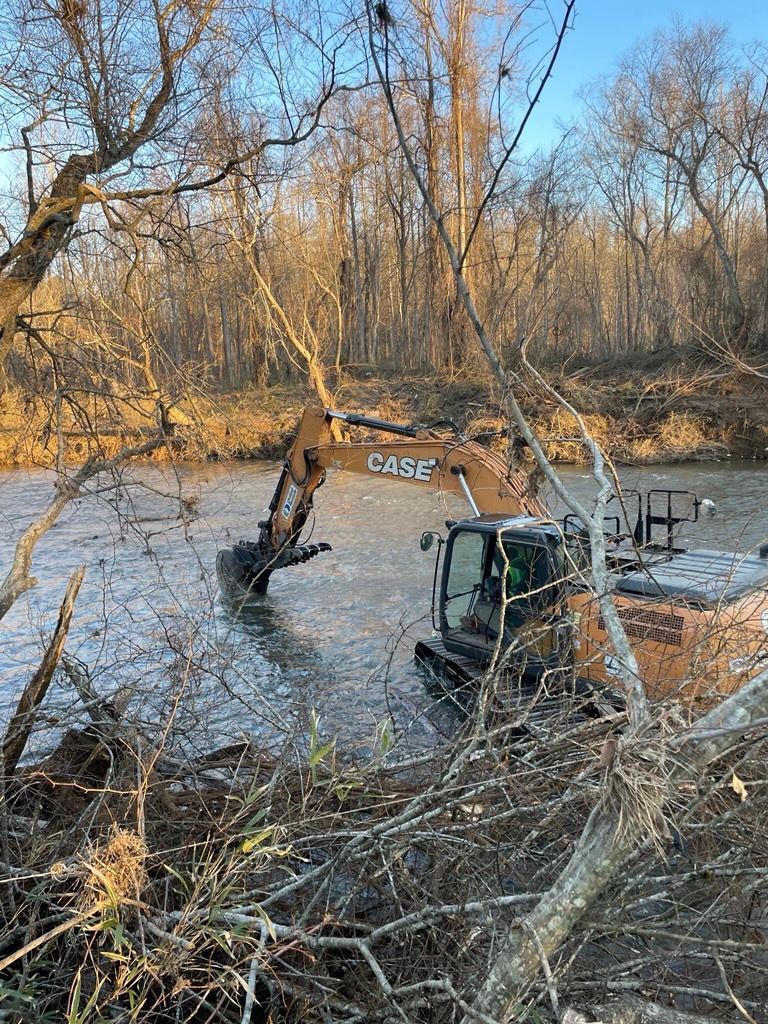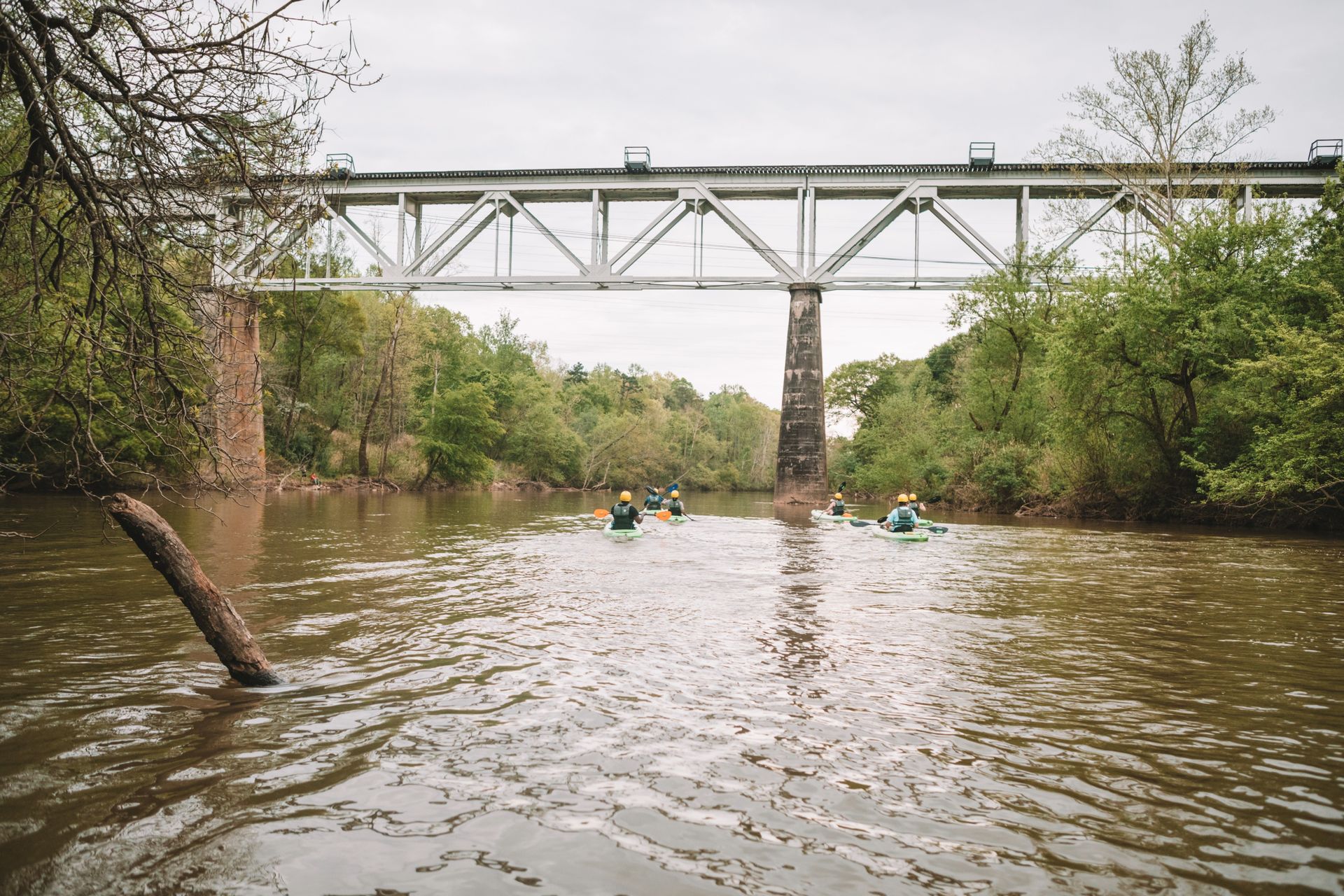Lake James Symposium
2022 Lake James Symposium
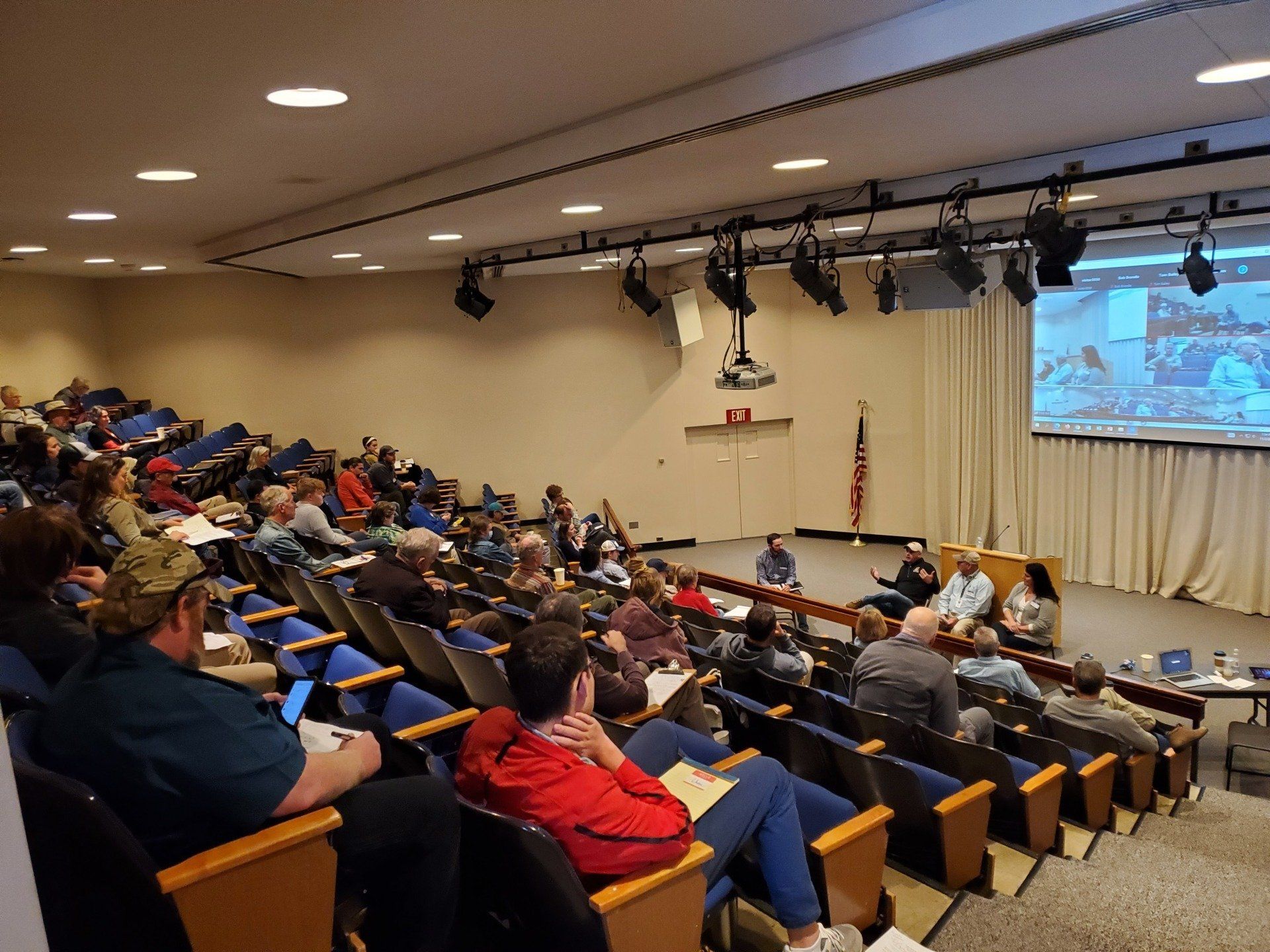
At the beginning of the month, Northern Basin Manager Grant Buckner and Riverkeeper Brandon Jones traveled to Western Piedmont Community College for the Annual Lake James Watershed Symposium. Over 85 people gathered to share knowledge, make connections, and plan for the protection of the Lake James watershed.
Grant presented about the Northern Catawba Basin Protection and Restoration plan with a focus on the priority projects to improve water quality. These projects include the Loom Creek Riparian Vegetation Restoration Project, Old Fort Finishing Dam Removal, and the White Creek Restoration Project. Brandon met with representatives from Burke, McDowell, and Gaston Counties to discuss local government’s role in protecting water quality.
A huge focus of 2023 for Catawba Riverkeeper will be our restoration projects! In 2022 we incorporated restore into our mission statement and recognized protection efforts alone will not address areas of previous degradation. It is vital over the next year to spend time focusing on restoration to revive our water! Here is a link to the projects in the Northern Basin identified through our Restoration Plan.

